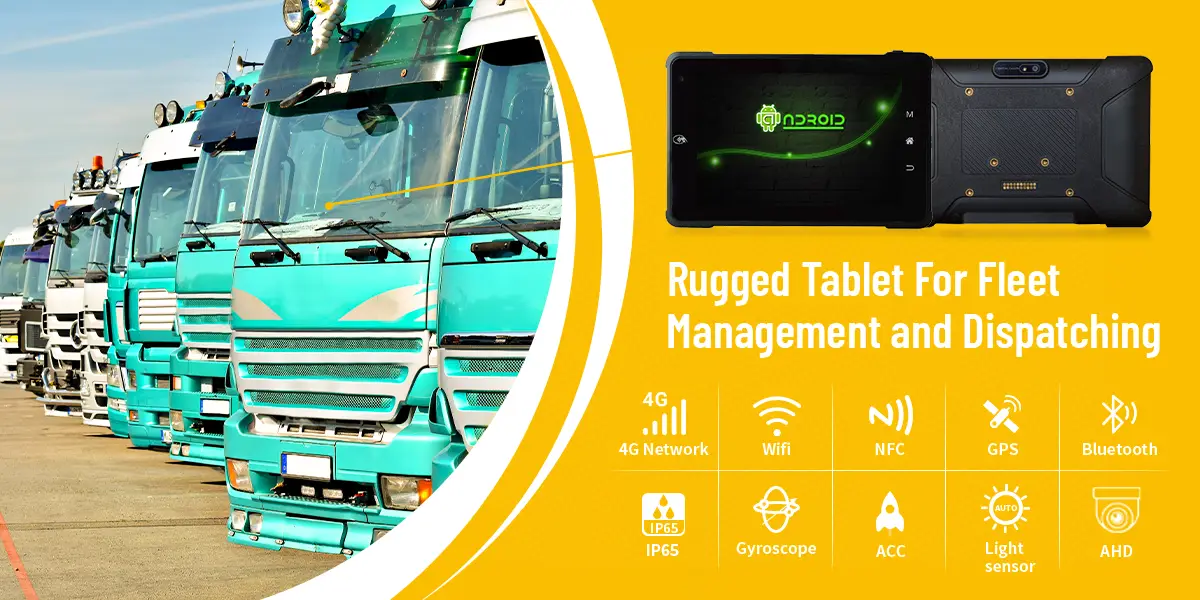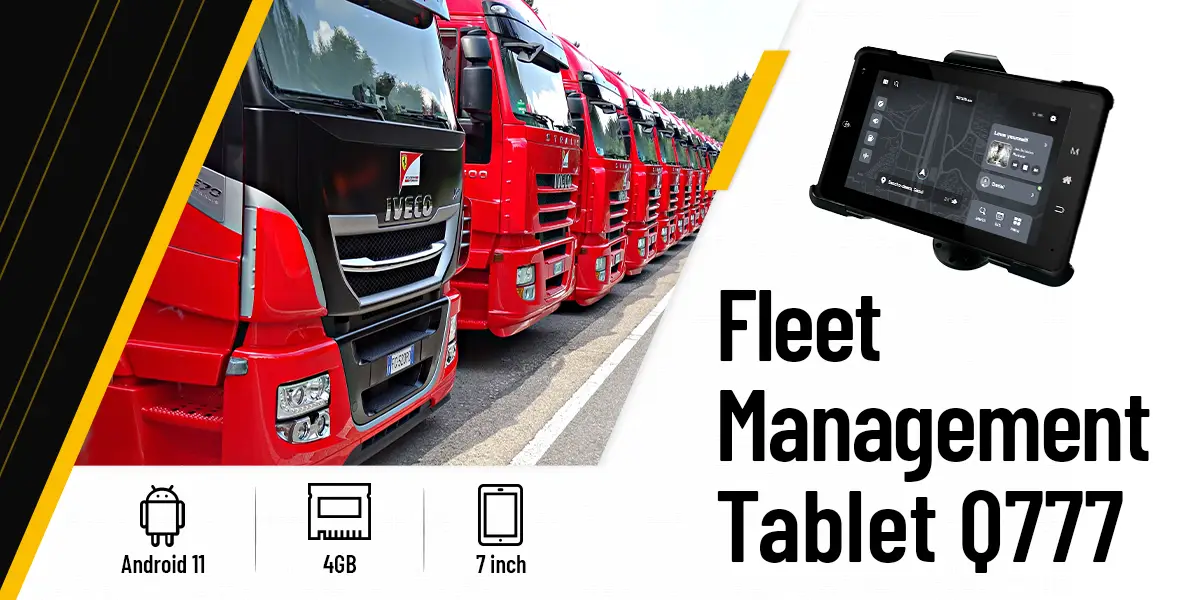Introduction to Vehicle Fleet Management
Vehicle fleet management is an essential component for businesses that rely on transportation. This practice involves the efficient coordination and administration of vehicles to maximize productivity and reduce costs. Effective fleet management ensures that vehicles are operating at optimal performance, enhances driver safety, and improves overall operational efficiency.

Importance of Fleet Management
Cost Efficiency
Managing a fleet efficiently can lead to significant cost savings. Proper maintenance schedules, fuel management, and route optimization contribute to reduced operational costs.
Safety and Compliance
Ensuring that all vehicles and drivers comply with safety regulations is paramount. Fleet management systems monitor driver behavior, schedule regular maintenance, and ensure compliance with legal standards, reducing the risk of accidents and penalties.
Enhanced Productivity
A well-managed fleet enhances productivity by minimizing downtime, optimizing routes, and ensuring that vehicles are always available when needed. This leads to better service delivery and customer satisfaction.

Key Components of Fleet Management
Vehicle Acquisition
Choosing the right vehicles for your fleet is crucial. This involves considering factors such as fuel efficiency, durability, and total cost of ownership.
Maintenance Management
Regular maintenance ensures that vehicles operate efficiently and safely. Fleet management systems can schedule and track maintenance activities, reducing the risk of unexpected breakdowns.
Fuel Management
Monitoring and optimizing fuel consumption is essential for cost control. Advanced fleet management systems provide real-time data on fuel usage, enabling managers to identify inefficiencies and take corrective actions.
Route Optimization
Efficient route planning reduces travel time and fuel consumption. Fleet management software can analyze traffic patterns and suggest optimal routes, improving delivery times and reducing costs.
Driver Management
Managing drivers involves monitoring their performance, ensuring they adhere to safety standards, and providing necessary training. Telematics systems can track driver behavior and provide feedback for improvement.

Benefits of Implementing Fleet Management Systems
Improved Operational Efficiency
Fleet management systems provide real-time data and analytics, allowing managers to make informed decisions that improve operational efficiency. This includes tracking vehicle location, monitoring fuel usage, and optimizing routes.
Enhanced Safety
By monitoring driver behavior and vehicle health, fleet management systems enhance safety. Alerts for harsh braking, speeding, and other unsafe practices help in taking corrective actions promptly.
Cost Savings
From fuel management to preventive maintenance, fleet management systems contribute to significant cost savings. By reducing downtime and optimizing routes, businesses can achieve higher profitability.
Environmental Impact
Optimizing fuel usage and reducing unnecessary travel contribute to a lower carbon footprint. Fleet management systems help businesses adopt more sustainable practices.

Implementing Fleet Management Systems
Assessing Needs
The first step in implementing a fleet management system is assessing the specific needs of your fleet. This involves understanding the size of your fleet, the nature of your operations, and your primary objectives.
Choosing the Right System
There are various fleet management systems available, each with different features. Choose a system that aligns with your needs, offers scalability, and provides robust support.
Training and Integration
Proper training ensures that your team can effectively use the fleet management system. Integration with existing systems and processes is also crucial for seamless operation.
Conclusion
Vehicle fleet management is a critical aspect of modern business operations. By implementing effective fleet management practices and systems, businesses can achieve significant improvements in efficiency, safety, and cost savings. This comprehensive approach ensures that fleets are always ready to meet the demands of the business while maintaining high standards of safety and performance.
Latest Content
- The 5 Best Rugged Tablets for Manufacturing in 2026
- Why System Integrators Still Choose Proven Hardware Partners in 2026
- What is a Mobile Data Terminal (MDT)? Ultimate Guide for 2026
- The Essential Role of Rugged Tablets in Modern Mining Operations: Enhancing Efficiency and Safety
- 7" Rugged Vehicle Tablet: Harsh-Ready Dash Solution
Tags: fleet management system, vehicle fleet management








